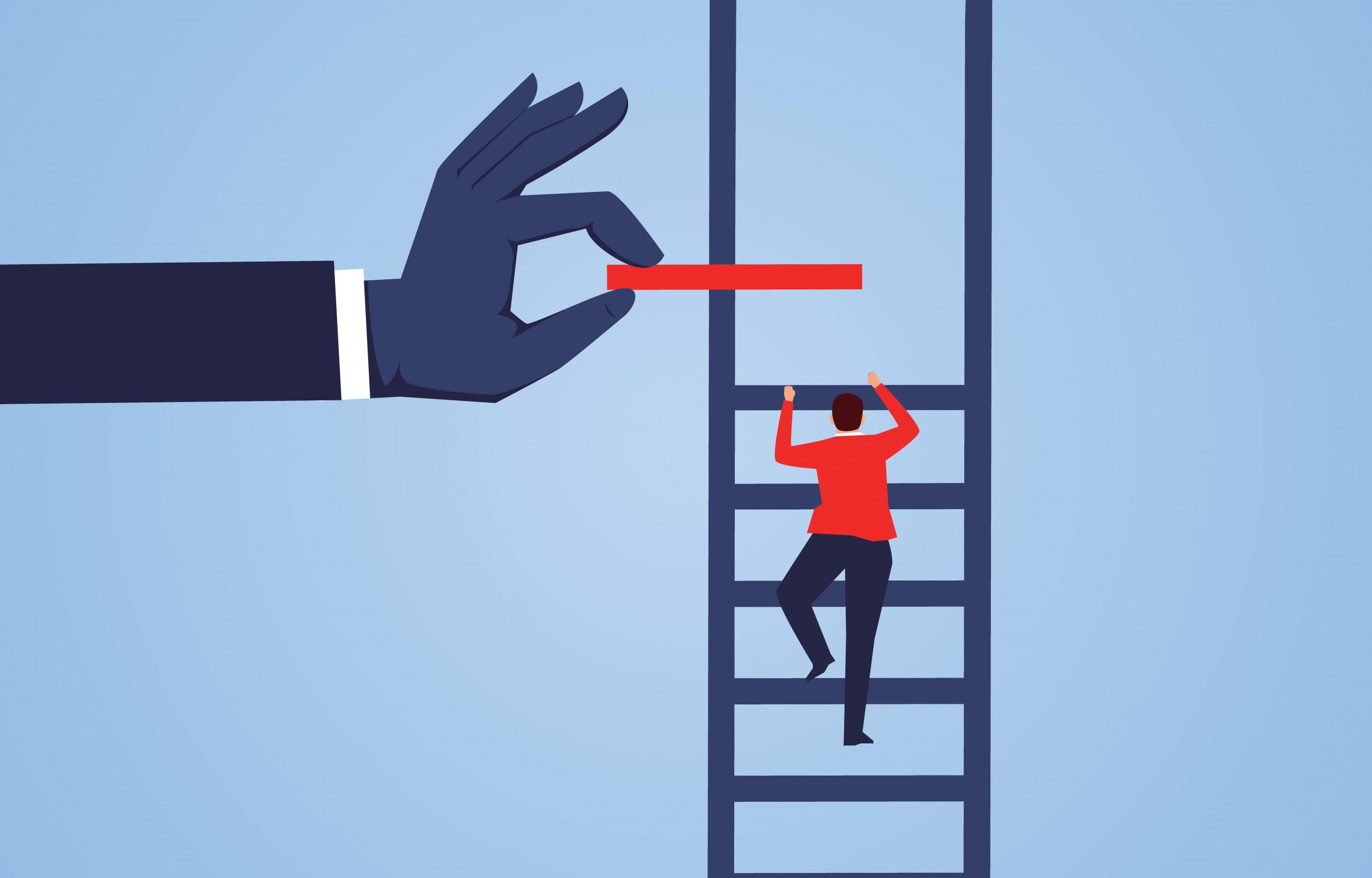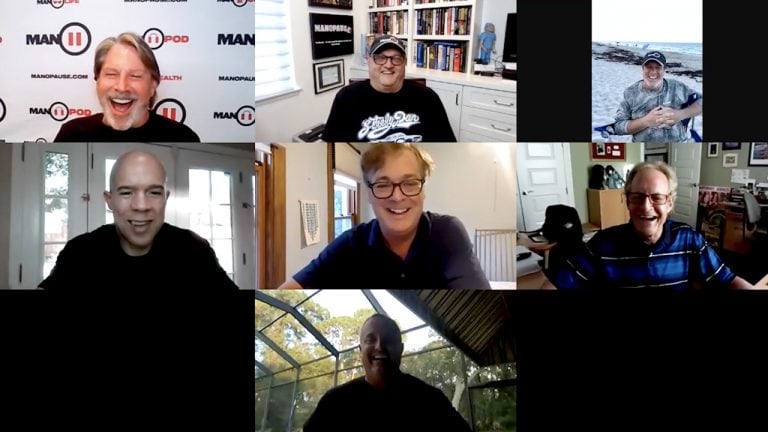I’ve long believed in the power of mentoring. I remember mentors who helped me as I advanced in my career, some of whom were college professors and bosses. Early in my career, I thought I wanted to be an English teacher. It was a professor who took me under his wing, mentored me through student teaching and eventually helped me get my first teaching assignment.
Later, I switched my career to marketing. One of my early bosses, interestingly a former nun, encouraged my independence and fostered a creative work environment. She too was an invaluable mentor.
When I started a direct marketing agency, I was basically a creative guy with some fundamental business knowledge. Thankfully, after a number of years, I realized the agency had upside potential and could grow with the right management. I decided to bring on a partner with more agency experience than I had. He turned the small boutique agency I was running into a serious multimillion-dollar business because of his financial and account management acumen. He became president and I became CEO; it was an ideal collaboration – a combination of two people with complementary, different skills. My partner also became a key mentor in my professional development.
When I retired from marketing, I had seen the power of mentoring, so I wanted to mentor others. I became a volunteer marketing counselor to small business owners, mostly one-person operations, through a local college’s small business center. I had expertise in marketing, so I could help them out – but things change rapidly in marketing. Because I took responsibility for helping others, I had to keep up with current marketing practices. Mentoring forced me to stay on top of things in my field and continue to learn.
Table of Contents
ToggleMentoring: A Combination Of Learning And Teaching
This is a part of mentoring that some people don’t appreciate: Mentoring can be as much of a learning experience as a teaching experience. Sometimes, you can learn even more from those you are mentoring just by listening to their input and observing their situations. By mentoring others, you continue to be vital and active. It’s the very definition of “win-win.” Interestingly enough, when there is no monetary compensation involved, you somehow feel more noble about what you are doing.
For me, mentoring was personally gratifying. I got pretty pumped up when I saw how some local entrepreneurs were applying my advice to grow their businesses. It was also nice to receive the occasional sincere thank you note from a person I helped. I mentored hundreds of small business owners for about ten years.
Marc Freedman, Founder Of Encore.org
I have a feeling there is huge mentoring potential in retired and soon-to-be retired Boomers. So does Marc Freedman, the founder of Encore.org. In his book, How to Live Forever, Freedman discusses the value of an older generation mentoring younger generations. Freedman told The New York Times, “Older people are uniquely suited for a mentoring role. The critical skills for nurturing relationships — emotional regulation and empathy — blossom as we age.”
“You don’t have to be a charismatic superhero,” Freedman said. “You don’t need an advanced degree. It’s more about the relationship than imparting sage advice. The key is not being interesting. The real key is being interested — being present and paying attention.”
Freedman’s characterization of mentoring is right on target. Mentoring is more about playing a support role, being a good listener and applying the experience you have in life and in business to wisely counsel someone else. In the final analysis, you aren’t making decisions for someone, you are advising them.
If you have special expertise in a particular discipline, as I did, mentoring through a small business center (often associated with a local community college) or through SCORE the nation’s largest network of business counselors, could be a great way for you to both give back and get back. However, there are other types of mentoring opportunities that don’t require a professional background, such as Big Brothers Big Sisters, one of the country’s largest youth mentoring organizations. All you need is a sincere interest in someone’s life and the desire to help.
Reverse Mentoring
There’s another kind of mentoring called “reverse mentoring.” This occurs in the workplace when, for example, a Millennial worker “mentors” a Boomer worker who may need a friendly hand with something such as understanding new technologies or even fitting in with the company culture. Reverse mentoring is currently more of a novelty than a trend, but it makes perfect sense in a multigenerational workplace. AARP observes, “No longer is it true that Boomers are necessarily higher up in company ranks than younger generations. In fact, it’s not uncommon to find Millennials managing Boomers. In this context, reverse mentorship is an opportunity for both generations to foster and deepen key relationships that are critical to the success of their work.”
Mentoring worked for me. Maybe it can work for you.















